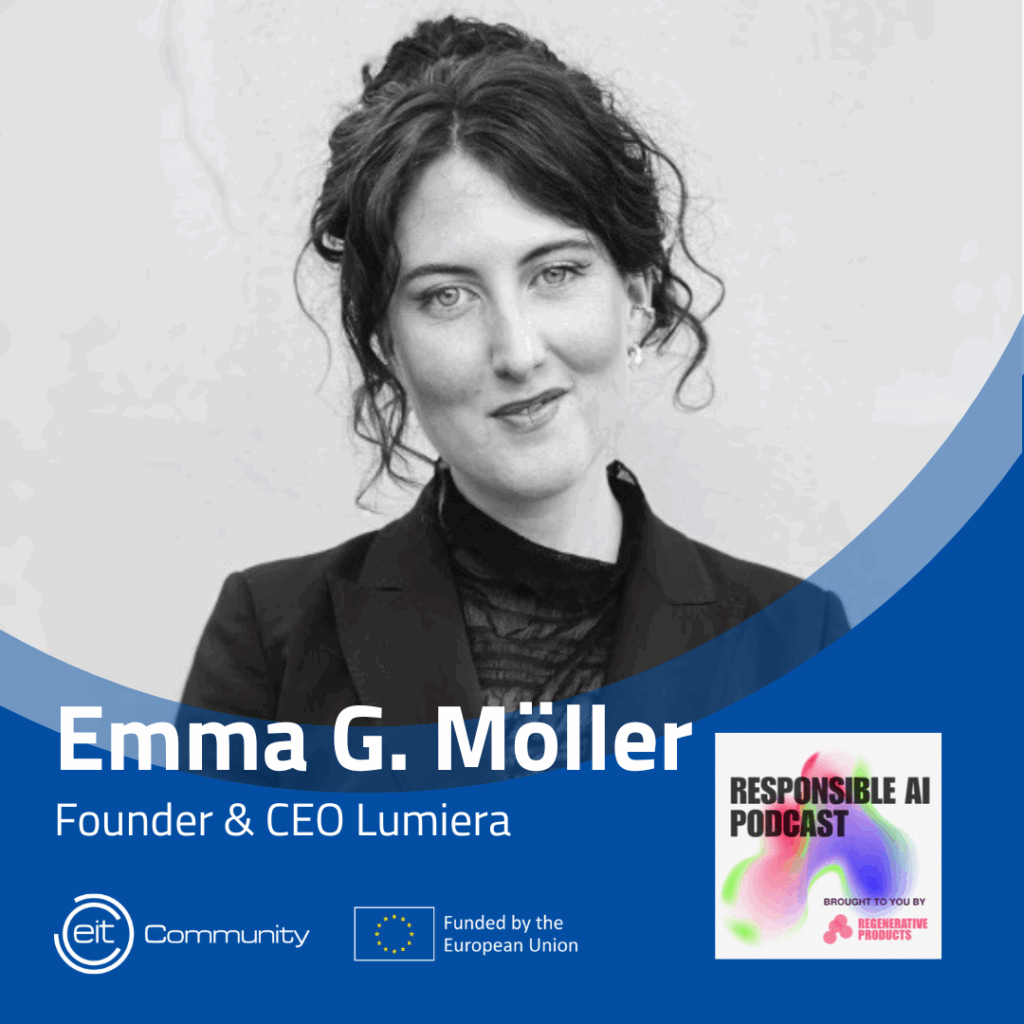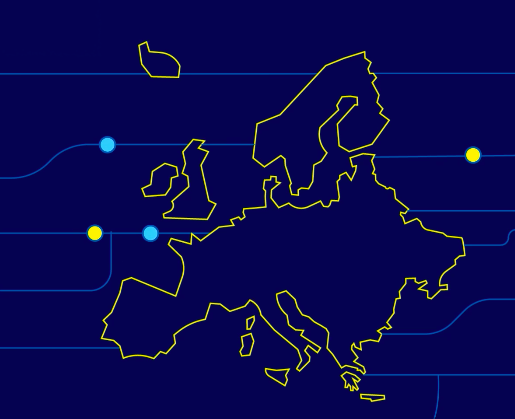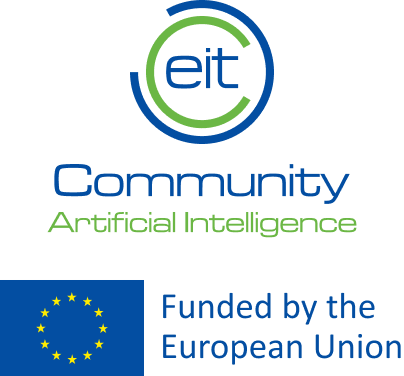A groundbreaking new report co-authored by EIT Health and EIT Digital as part of the EIT AI Community reveals that Europe’s leading AI start-ups aren’t driven by coding skills alone – they thrive on a mix of deep sector expertise and interdisciplinary soft skills. The report includes regional data, key policy recommendations, and insights to support AI workforce development across Europe’s healthcare and innovation sectors.
The AI Skills and Occupations in the European Start-up Ecosystem report, powered by the EIT AI Community's SkillSync platform, analyses the skillsets of over 23,000 professionals across 3,600 AI start-ups. Its findings challenge conventional thinking about what fuels AI success in Europe.
While strong foundations in programming and machine learning are widespread, the report highlights that start-ups combining technical know-how with sector-specific knowledge (e.g. in healthcare, engineering, or manufacturing) – and crucial soft skills such as communication and project management – are more likely to contribute to regional innovation.
“Competence in general IT skills alone does not drive innovation. To truly unlock AI’s potential, we need to go beyond just digital skills and cultivate advanced, interdisciplinary capabilities that reflect the real-world needs and opportunities of each sector,” said Dr Magí Lluch-Ariet, Data Manager at EIT Health.
This message aligns with Europe’s broader ambition to lead in AI, especially as the European Commission’s AI Continent Action Plan gains traction. The report’s findings offer data-driven recommendations for upskilling and aligning educational strategies across regions.
Among the key insights:
- Healthcare and engineering skills boost performance: Regions with interdisciplinary capabilities consistently outperform others with similar technical baselines.
- Soft skills and sector understanding matter: Particularly in underperforming regions, these are often the missing link in innovation.
- Regulatory and audiovisual expertise is underrepresented: These areas remain critical bottlenecks in AI adoption, particularly in health.
Using a new Skill Intensity metric, the report maps six regional skill clusters across Europe, allowing educators, policymakers, and corporates to benchmark workforce strengths and plan tailored upskilling programmes.
The report suggests how local skills gaps could be addressed to drive innovation. For example, start-ups in Eastern Europe could benefit from a focus on multi-disciplinary ‘soft’ skills and sector-specific skills. This would allow them to build on their extremely solid base of skills, such as in ICT, which are extremely prevalent in AI start-ups, even if not correlated with regional innovation output on their own.
In addition to supporting start-ups, EIT Health has long explored the implications of AI for the wider healthcare workforce. Its 2020 report, Transforming Healthcare with AI, highlighted the importance of preparing healthcare professionals for digital transformation.
“Innovation doesn’t happen in isolation. At EIT Health, we see through our programmes that real impact comes from bringing education, research and business together in practical ways. This report reinforces that it’s not just about connecting these sectors – but about enabling the flow of skills between them. Whether it’s AI in healthcare or other cutting-edge technologies, the most successful innovations are driven by diverse, applied capabilities – technical, scientific, managerial – that our programmes are designed to nurture and deliver,” says Graham Armitage, Director of Delivery, EIT Health.
🔗 Want to dive deeper? Discover how SkillSync is transforming learning and teaching through AI-powered skill matching. Join our webinar on July 23 to explore its latest features, datasets, and tools for educators, professionals, and organisations.





